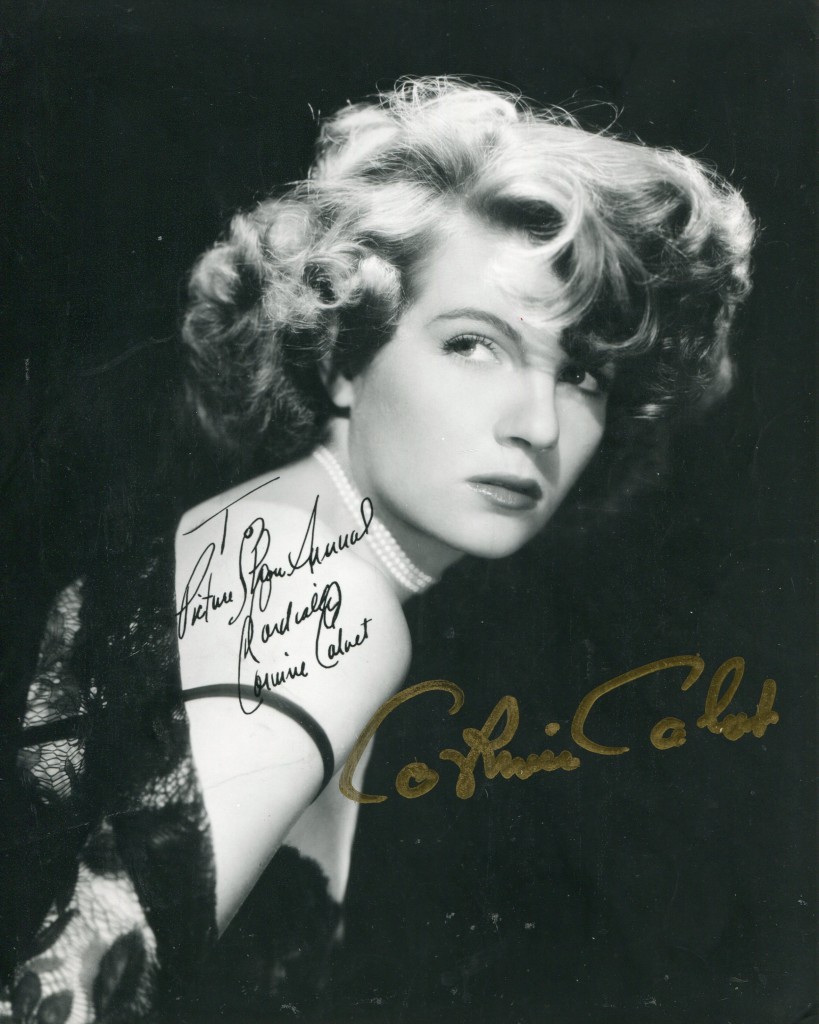
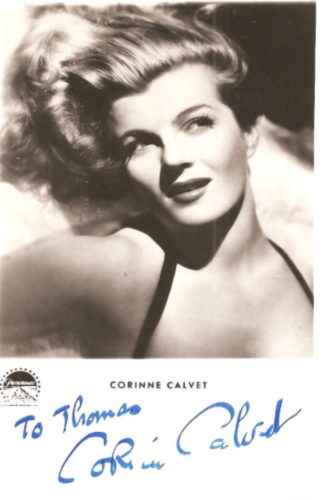
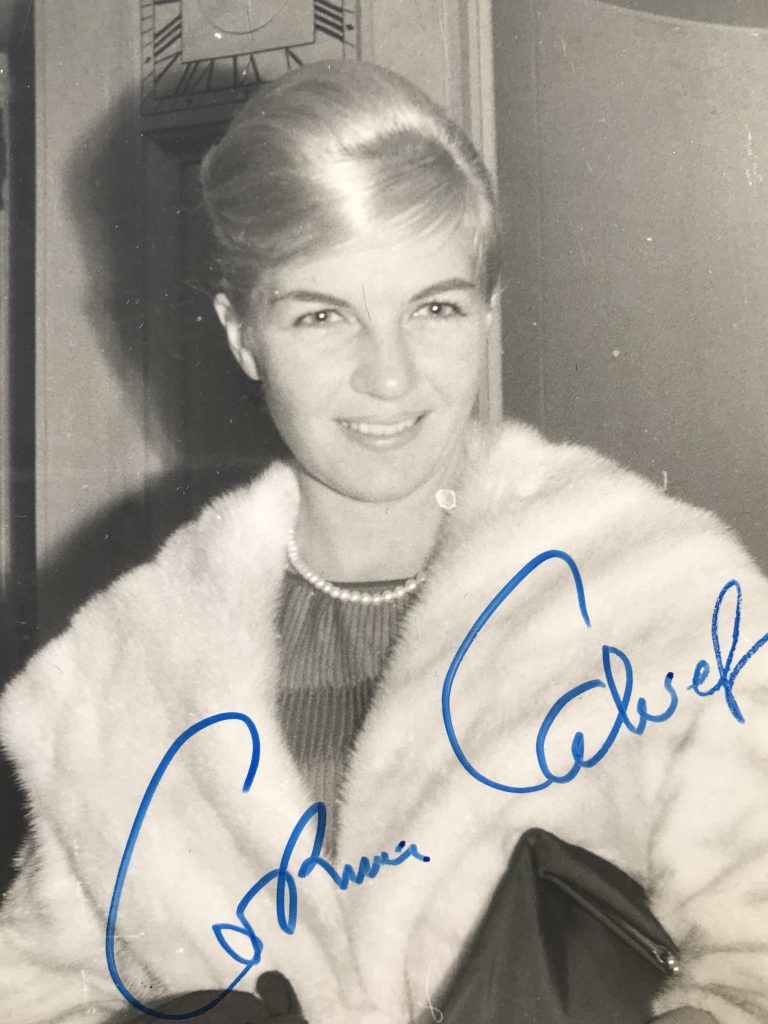
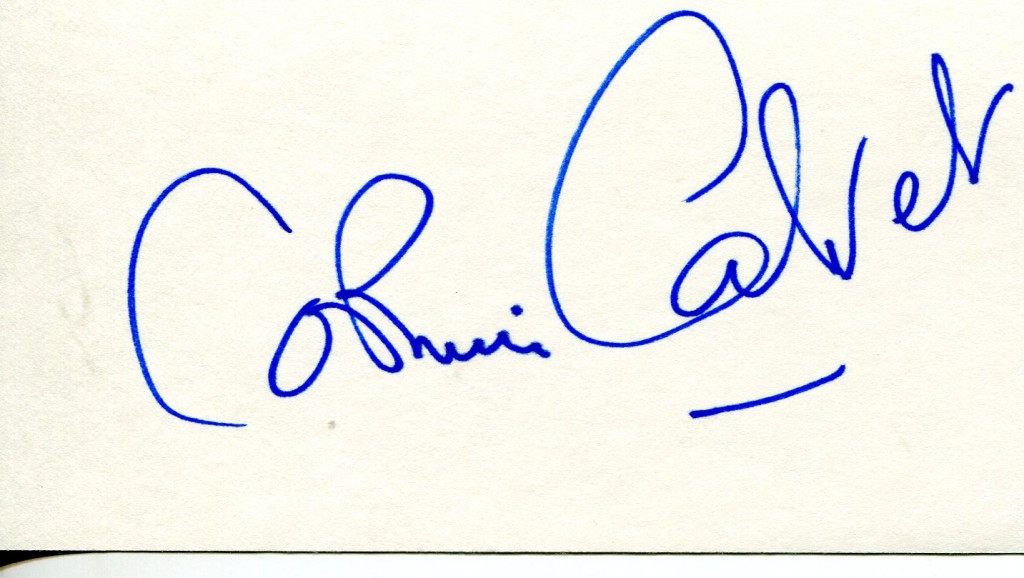
Corinne Calvet obituary in “The Guardian” in 2001.
Corinne Calvet was born in Paris in 1925. She made her Hollywood debut opposite Burt Lancaster in “Rope of Sand”. She starred opposite some of the major stars e.g. James Stewart in “The Far Country”, ” Alan Ladd in “Thunder in the East”, James Cagney in “What Price Glory” and Danny Kaye in “On the Rivera, Her last film was “The Sword and the Sorcerer” in 1982. Corinne Calvet died in Los Angeles in 2001
“Guardian” obituary:French actress who built a glamorous career in Hollywood
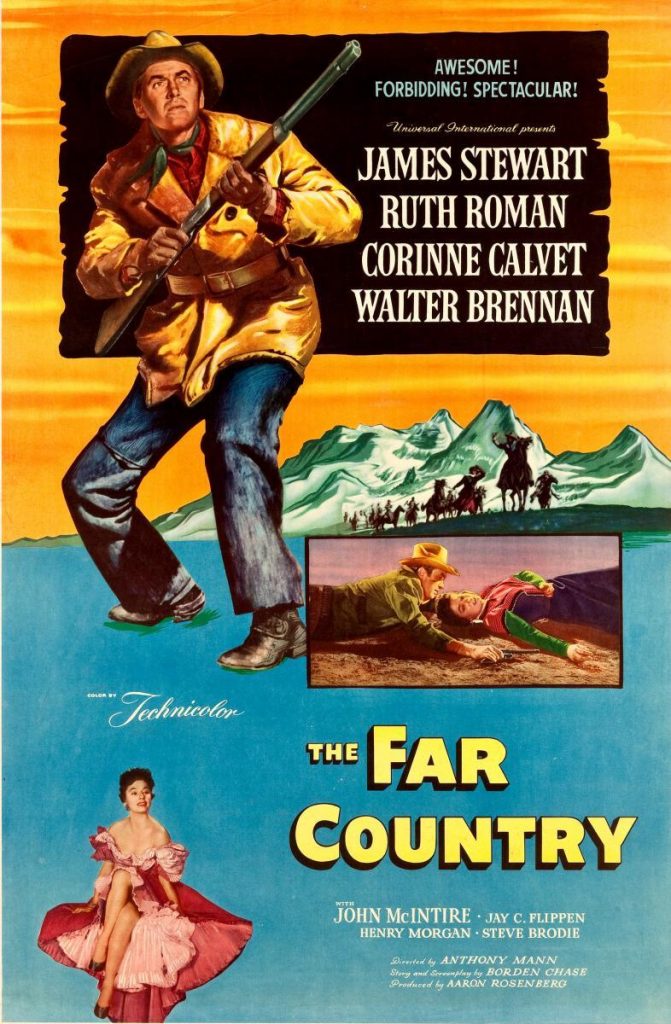
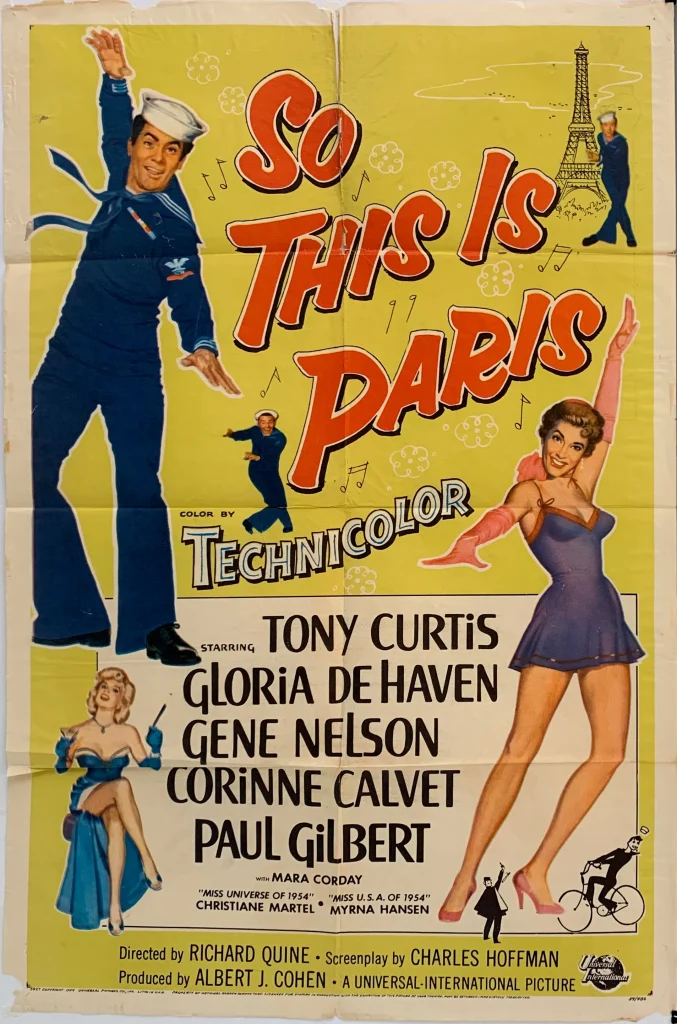
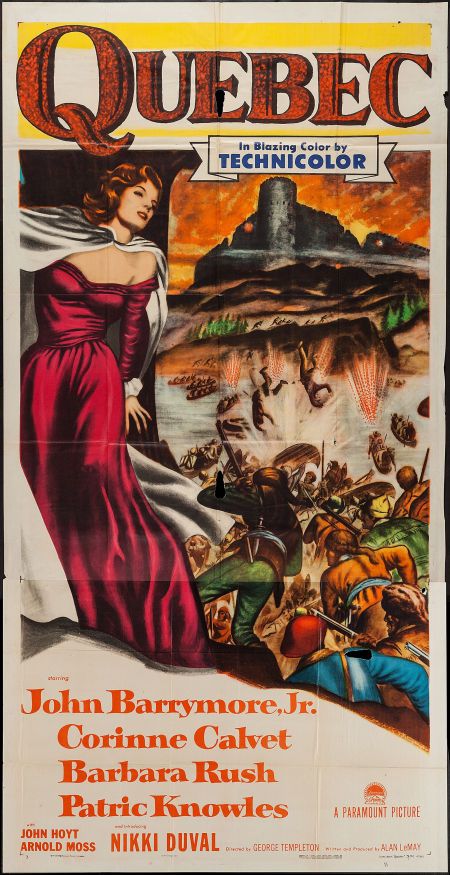
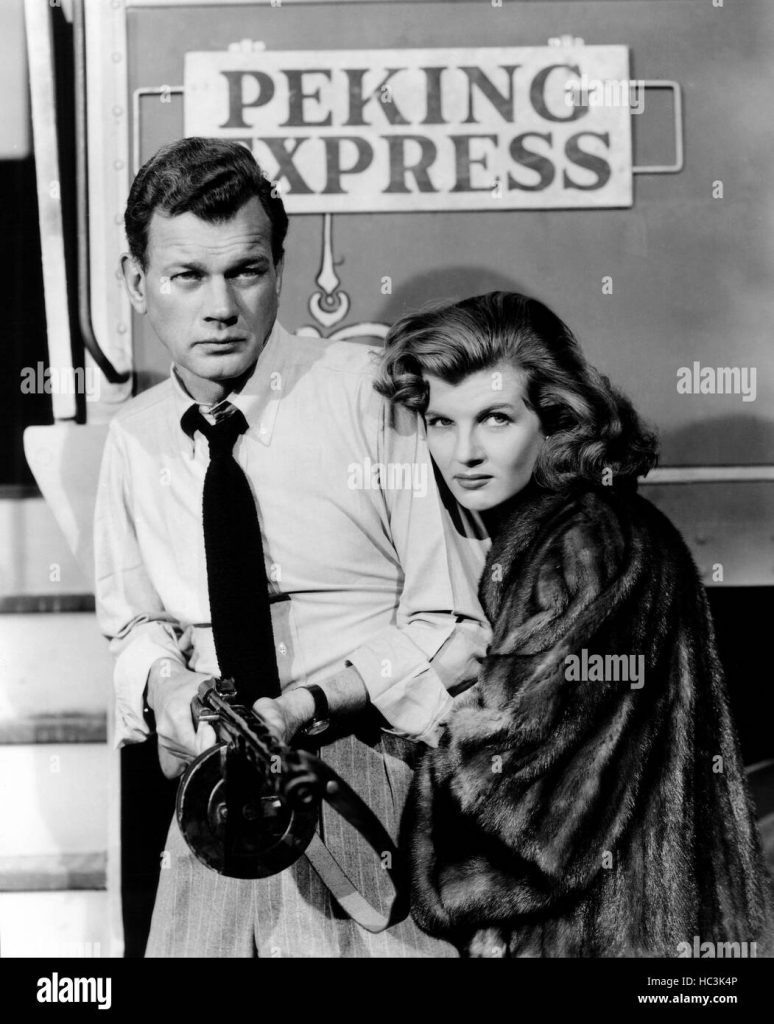
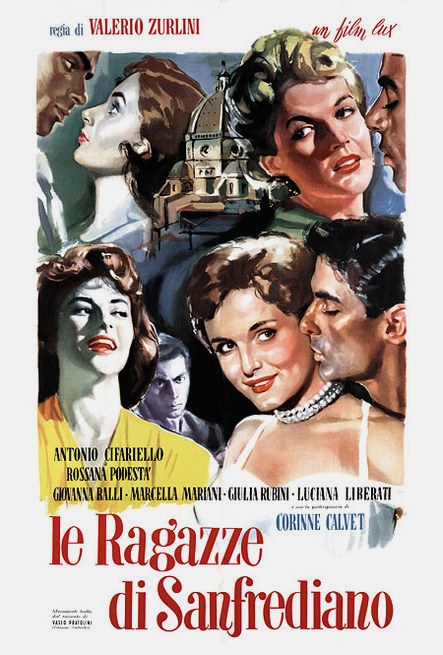
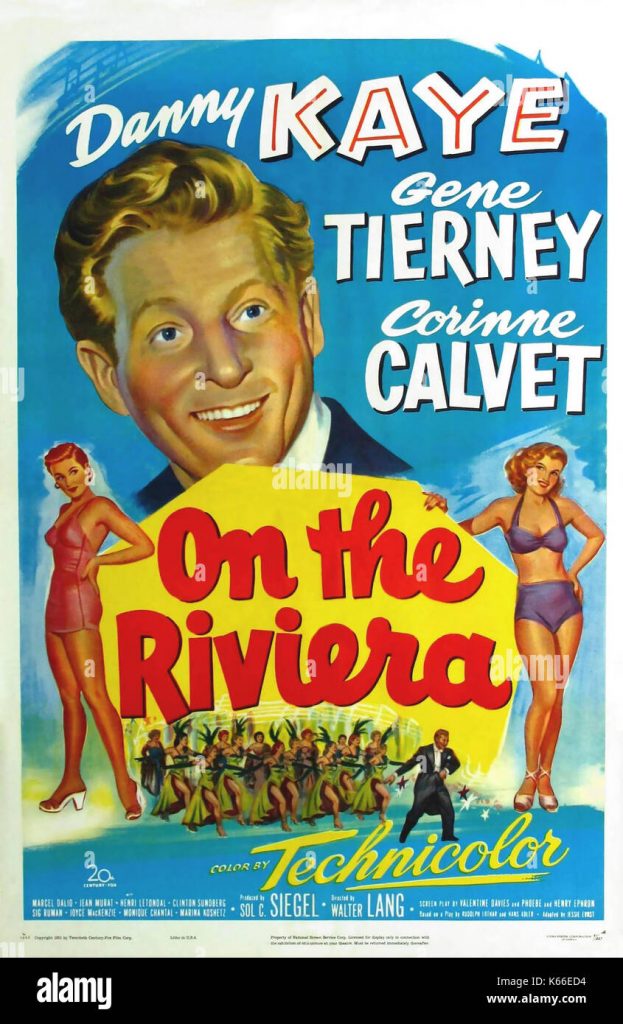
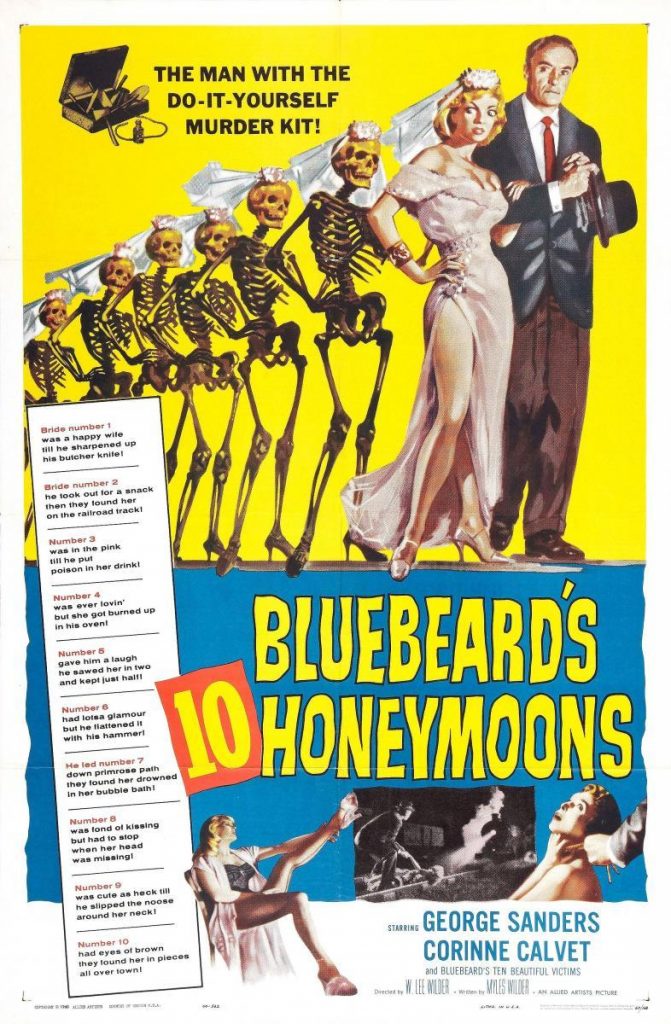
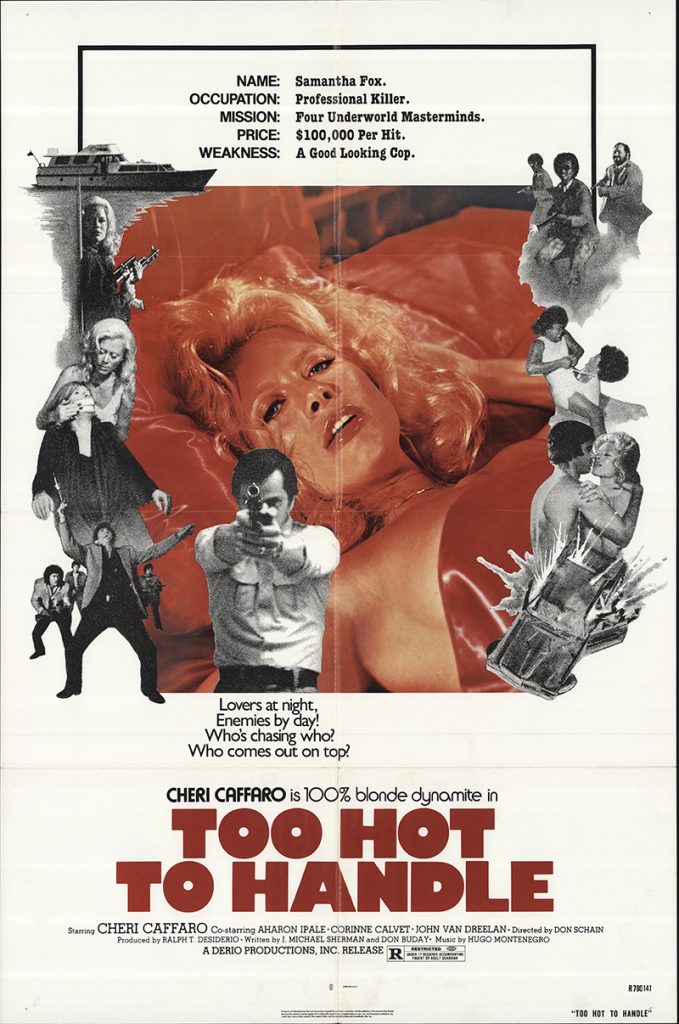
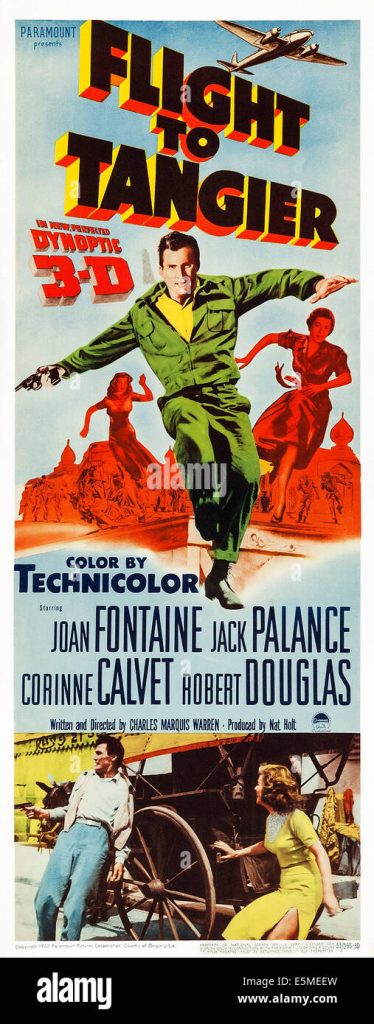
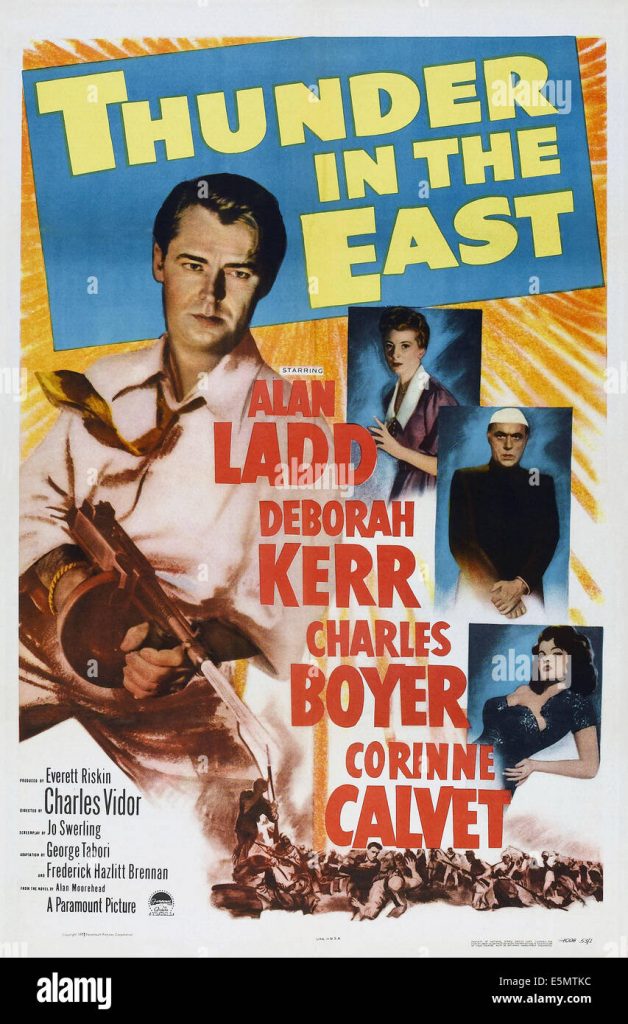
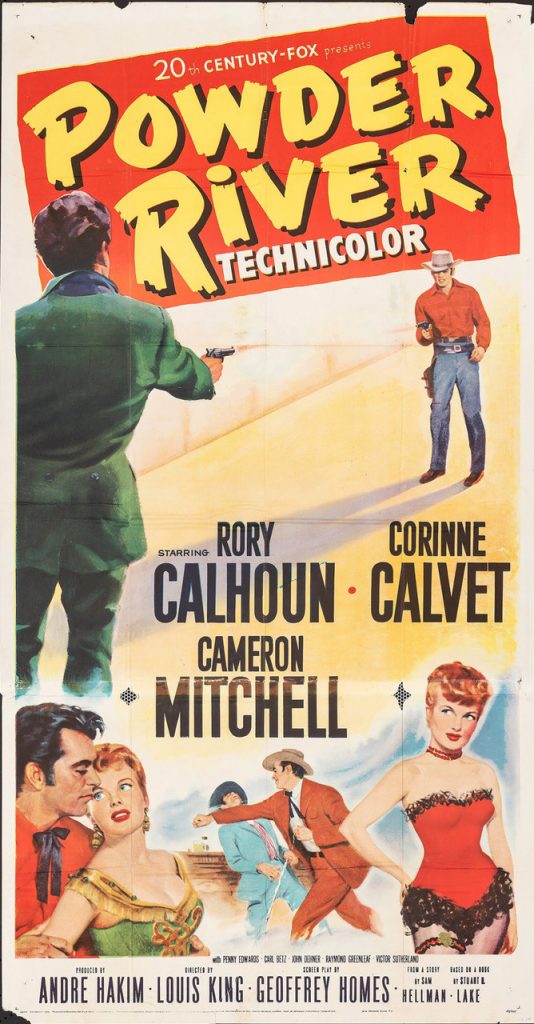
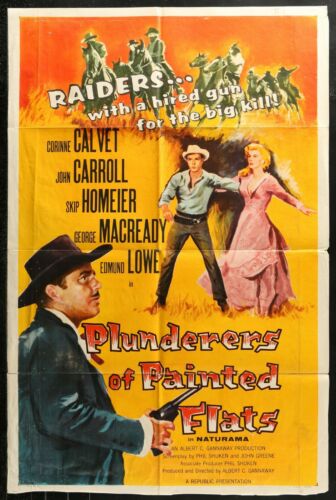
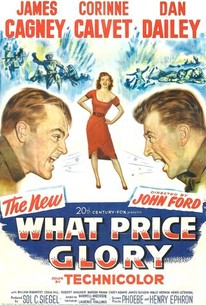
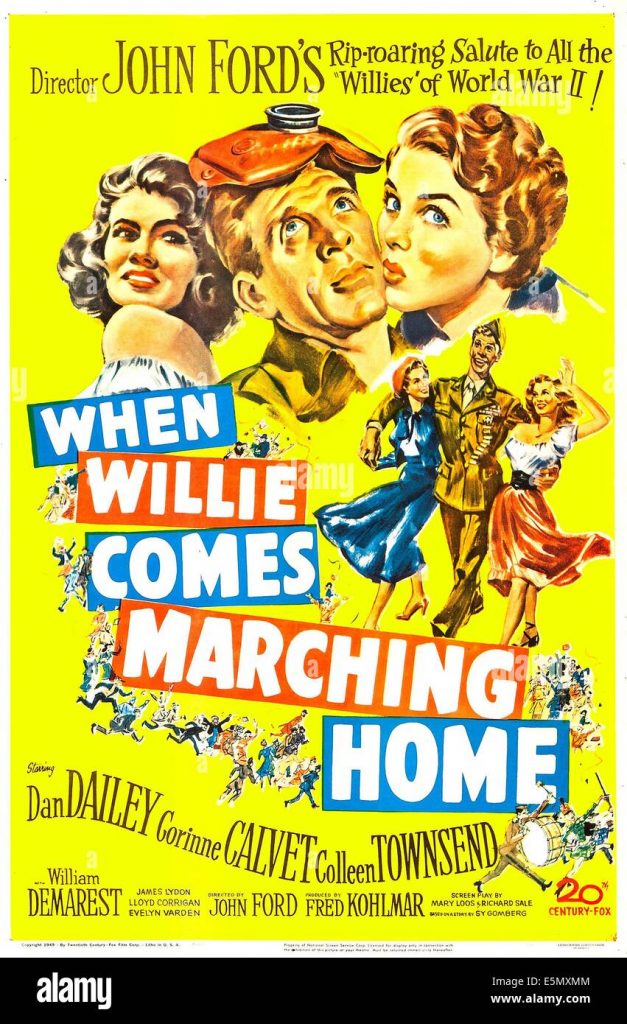
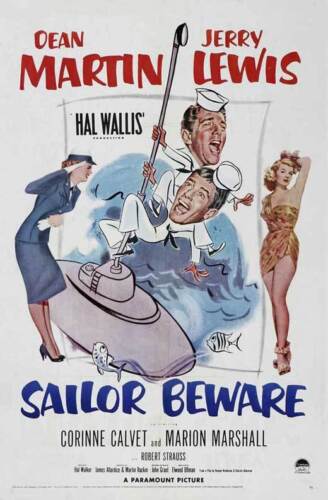
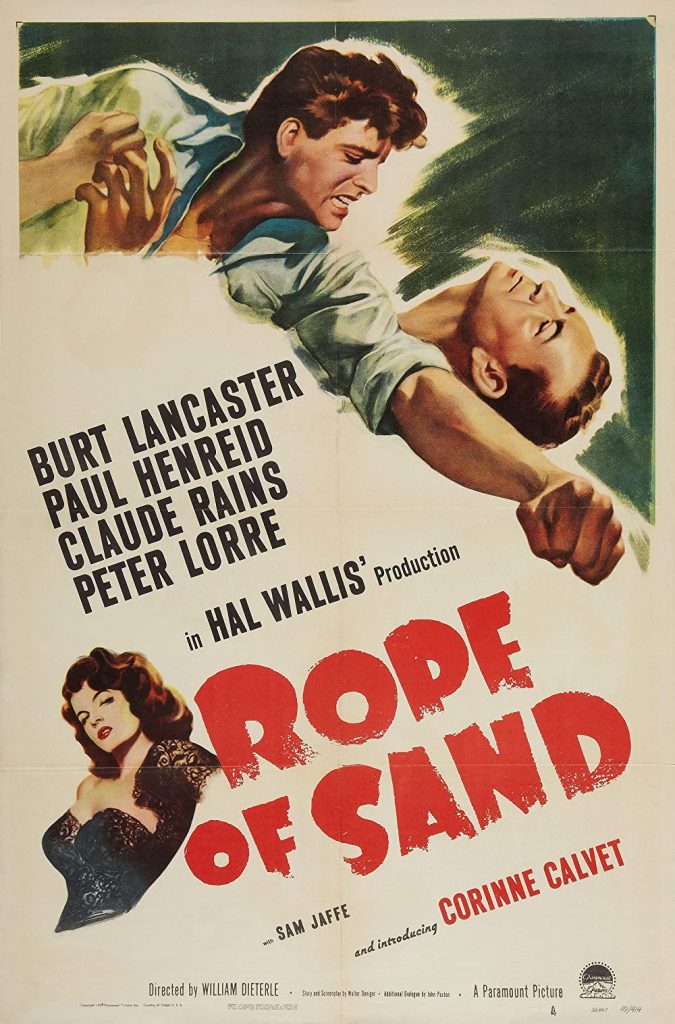
Corinne Calvet, who has died aged 76, was one of the very few French actresses with an extensive career in Hollywood. Only Leslie Caron could claim to have made as many American movies. But, whereas Caron played up her asexual gamine qualities, Calvet brought serious oo-la-la to her roles.Almost all Calvet’s pictures were made in the 1950s, when Hollywood used foreign stars to appeal to the diminishing international market. In 1952, Calvet filed a million-dollar slander suit against Zsa Zsa Gabor, charging that Gabor had told a leading Hollywood columnist, among others, that she was not actually French. The case was thrown out, but Calvet’s origins were found to be genuine.
She was born Corinne Dibos in Paris into a wealthy family. Her mother was one of the scientists who contributed to the invention of Pyrex glassware. A bright pupil, Corinne studied criminal law at the Sorbonne before turning to acting. (She had appeared at the age of 12 in a short film about billiards called Super Cue Men.)
“A lawyer needs exactly what an actor needs, strong personality, persuasive powers and a good voice,” she remarked years later. Unfortunately, Hollywood being Hollywood, it seldom utilised these qualities in her.
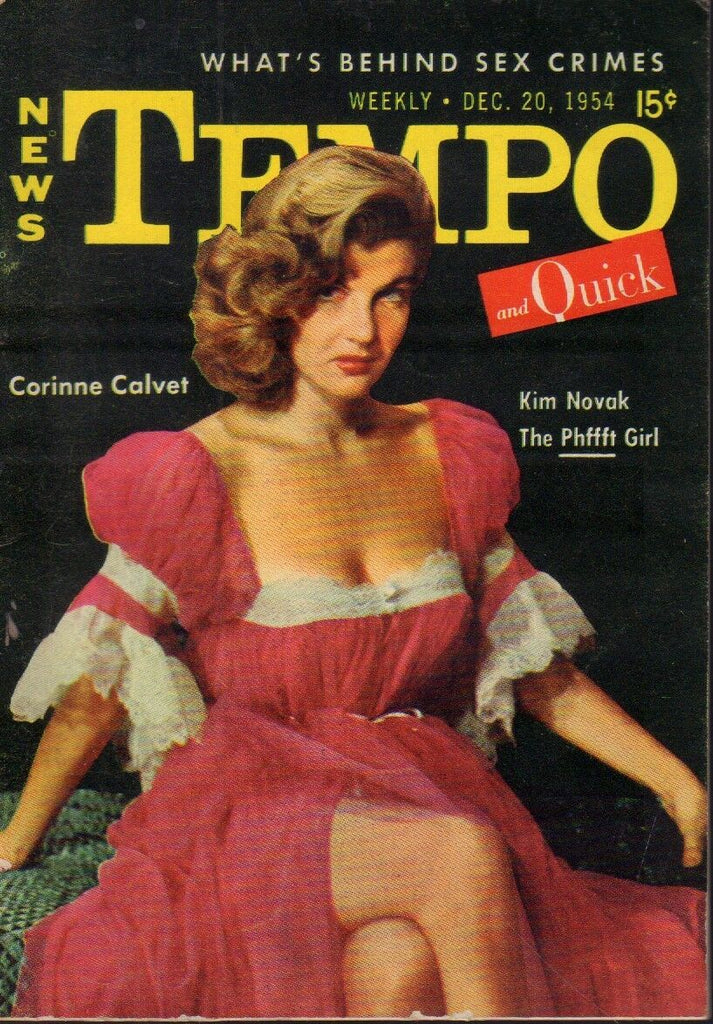
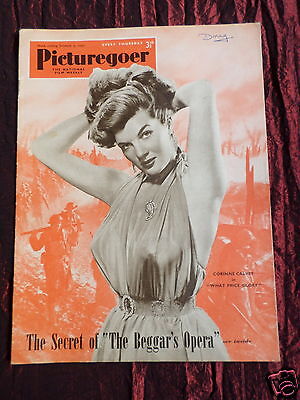
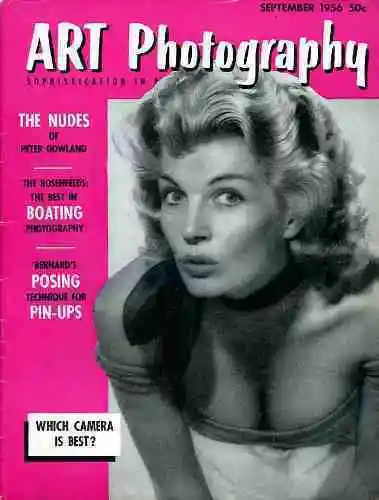

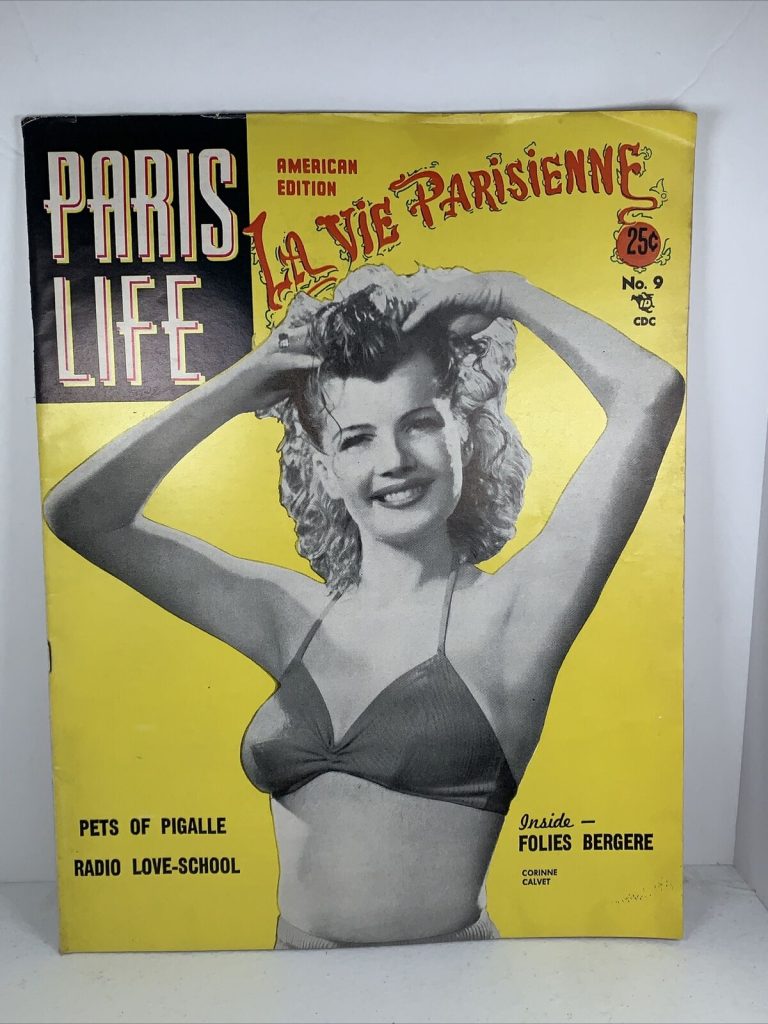
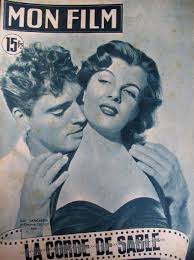
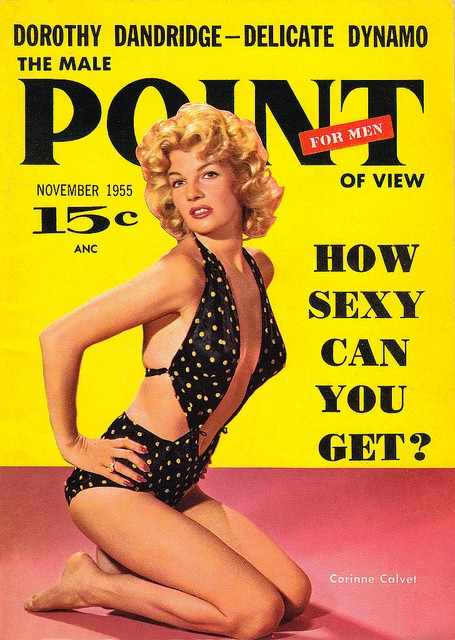
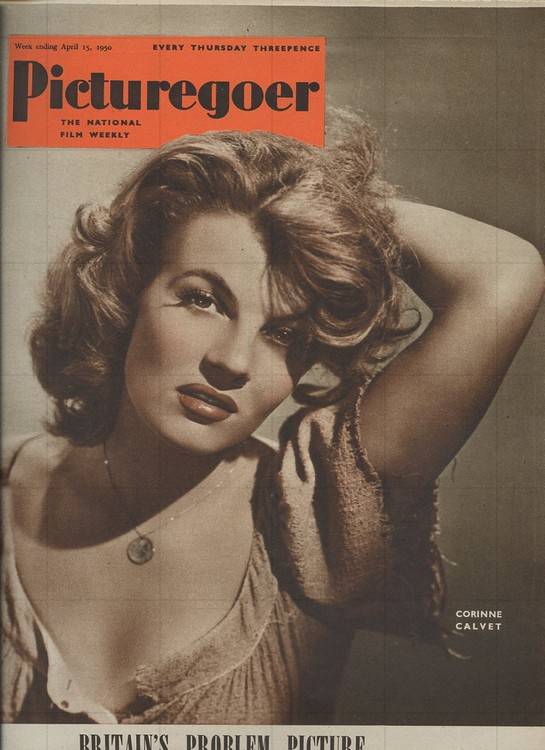
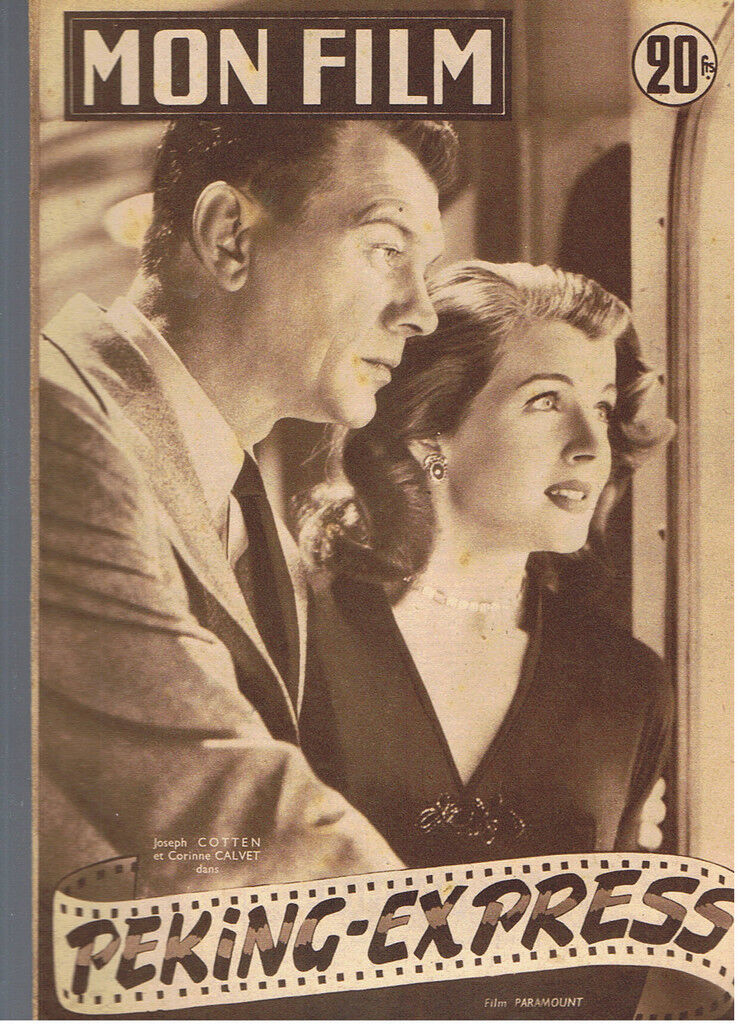
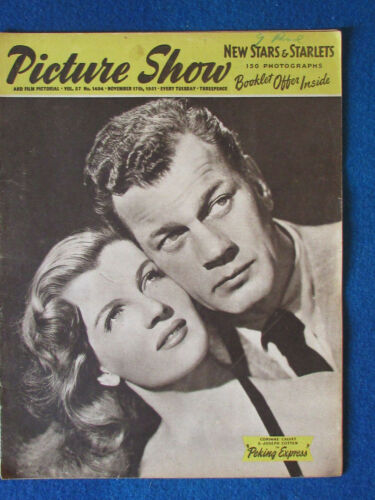
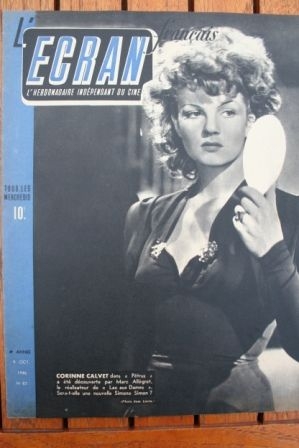
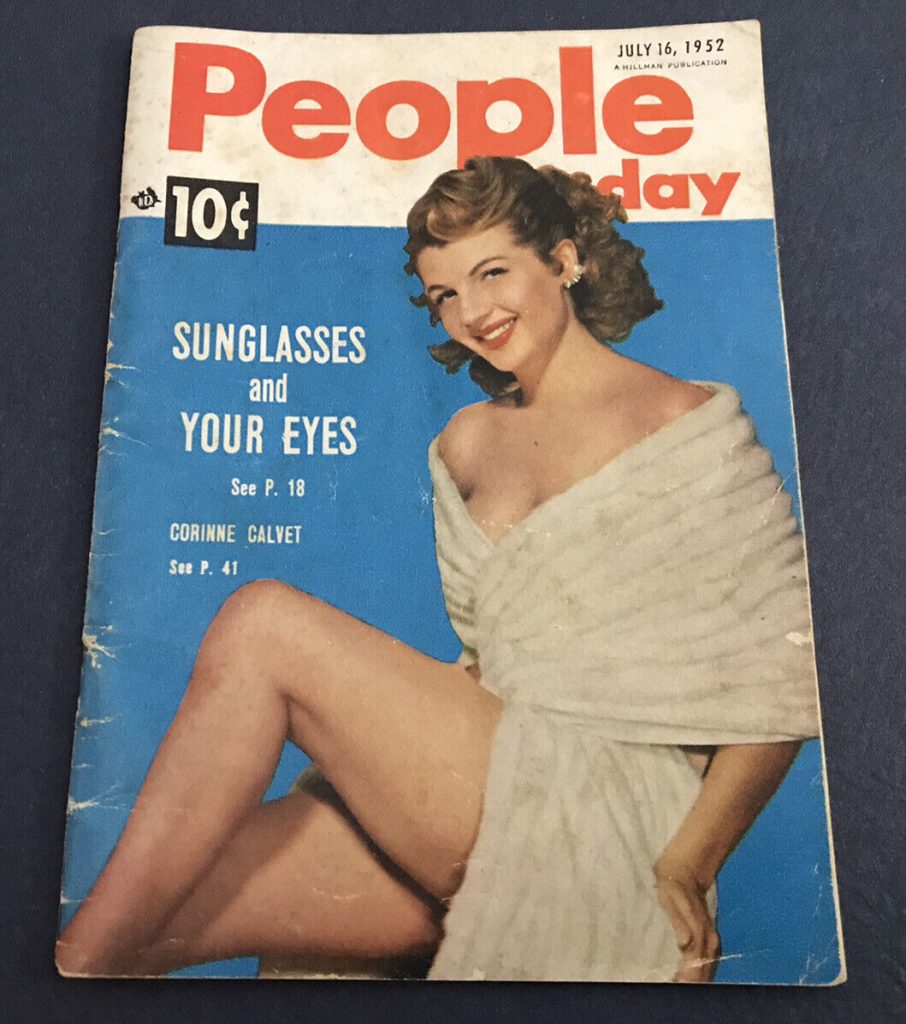
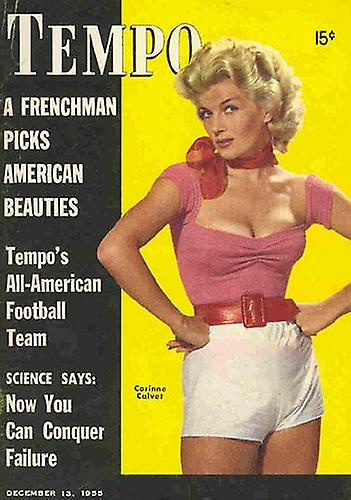
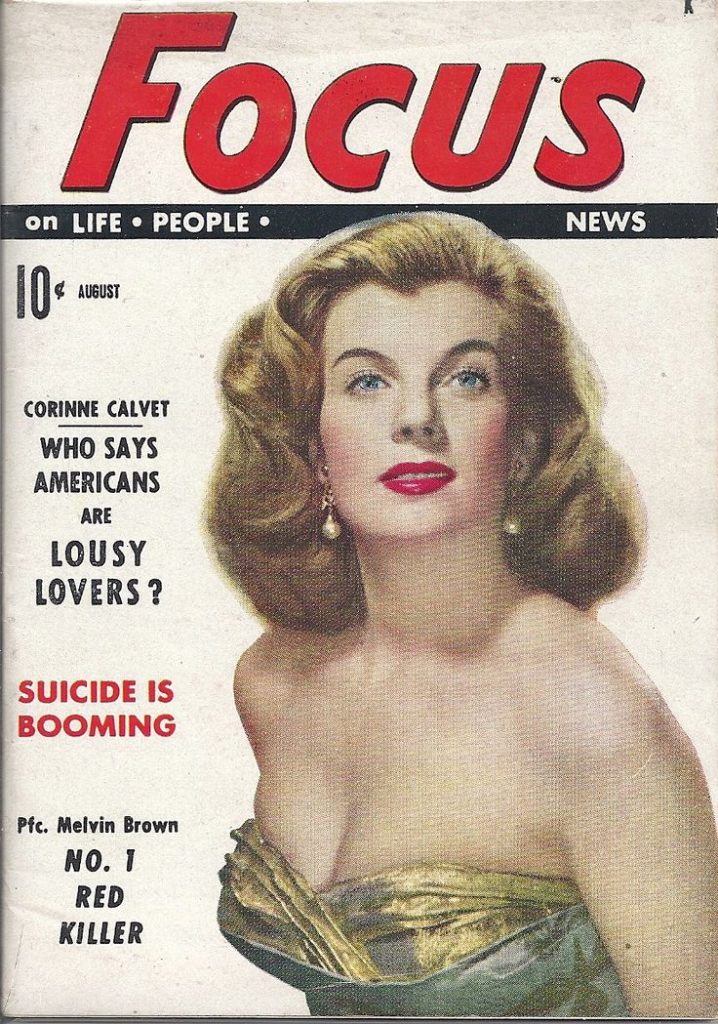
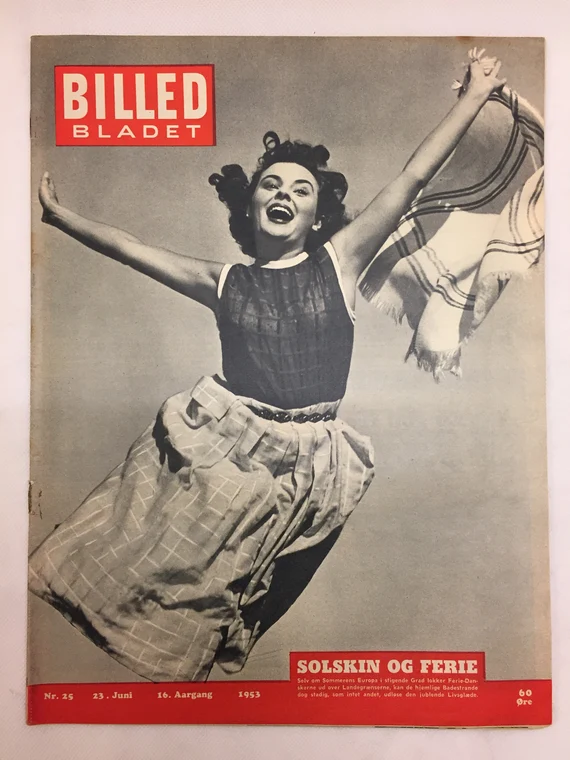
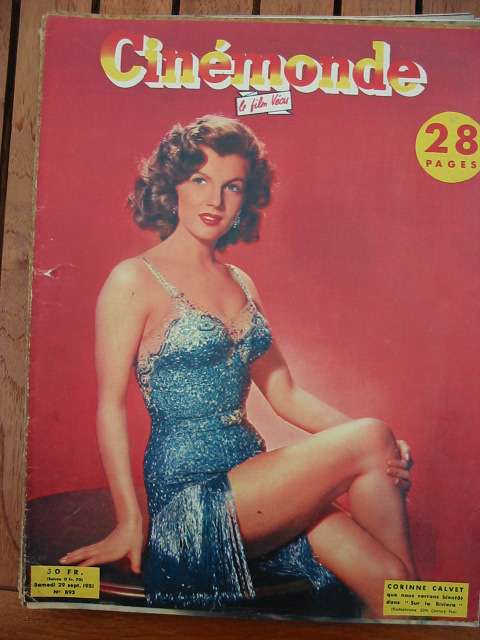
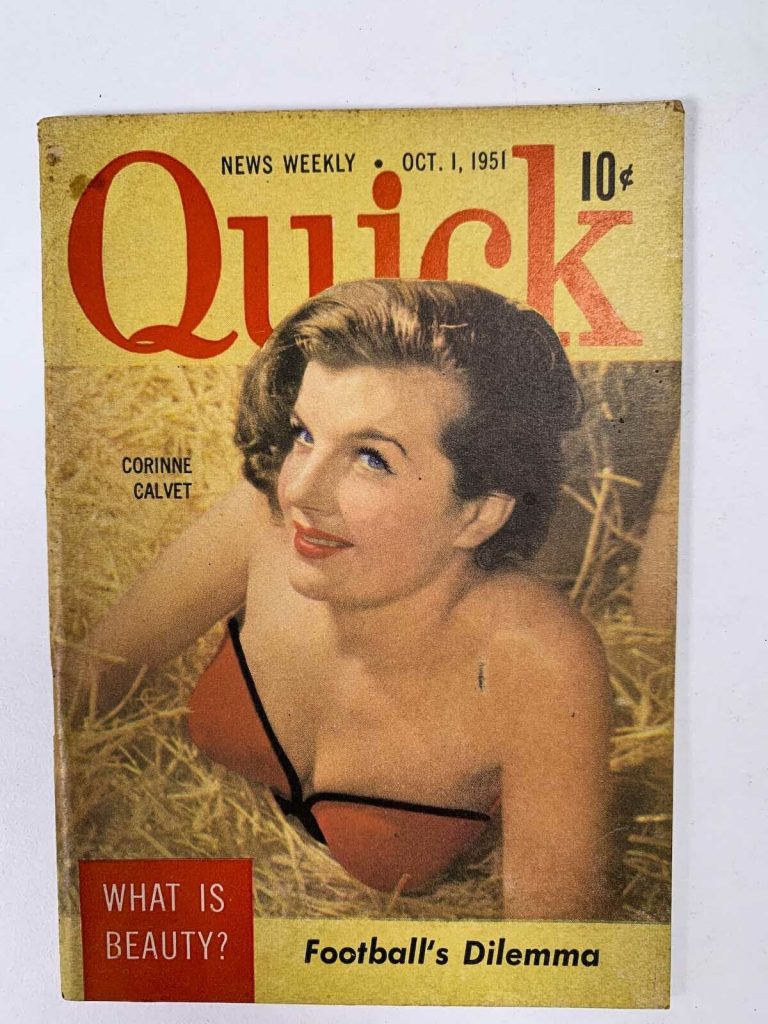
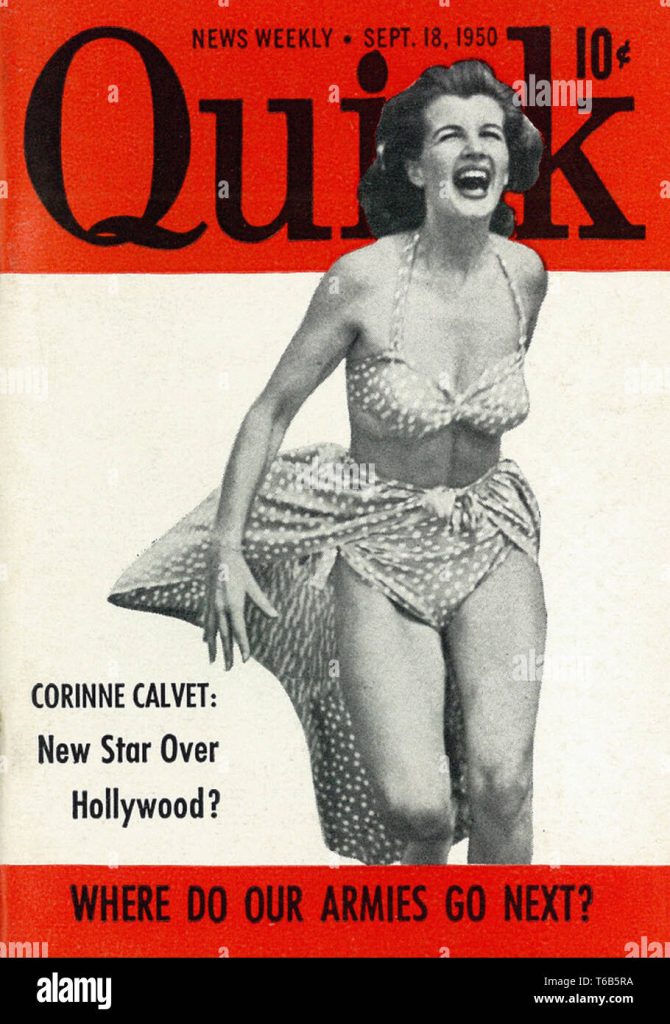
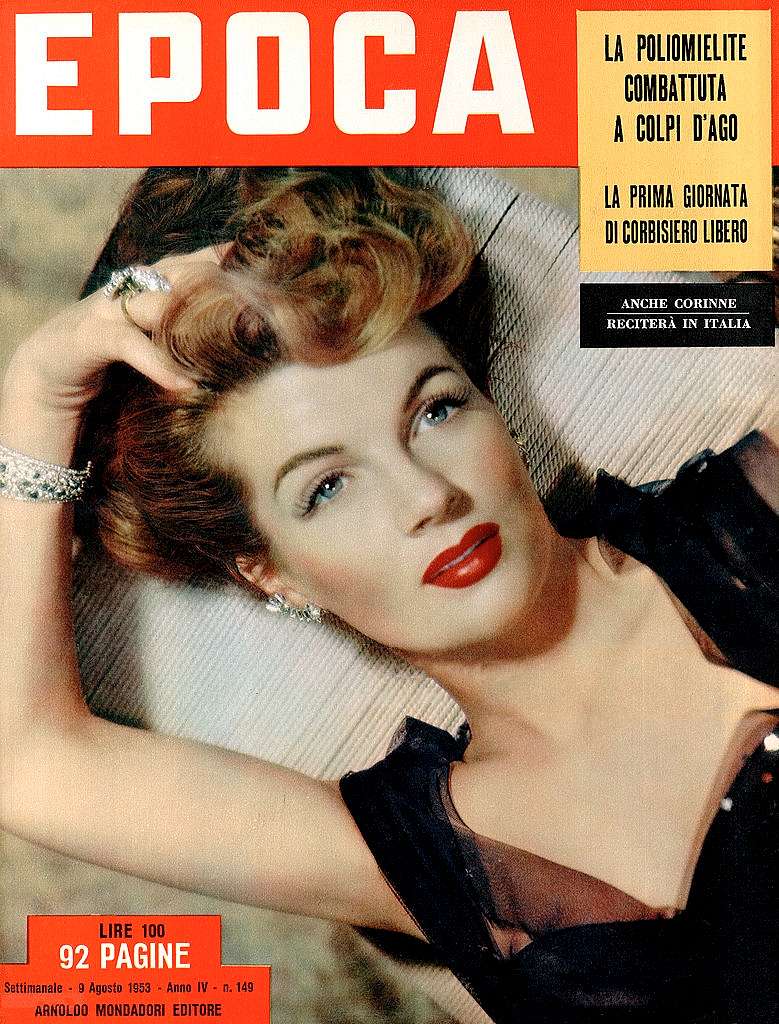
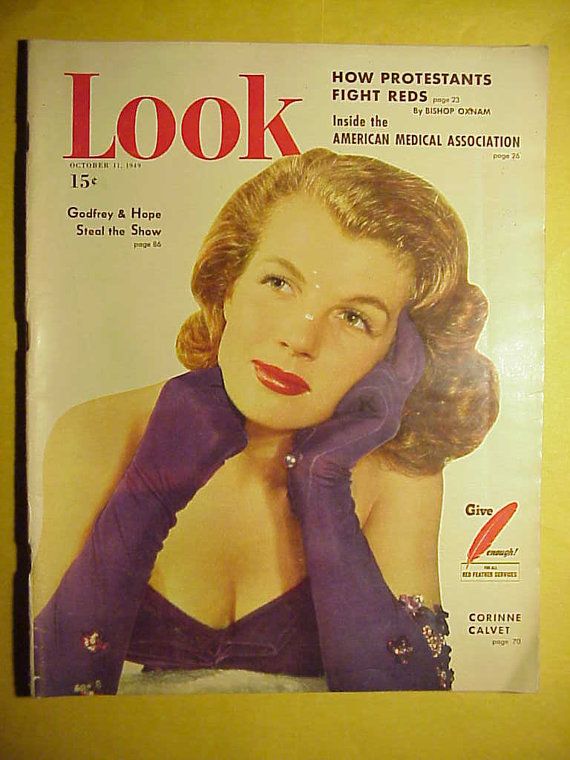
After the Sorbonne, she appeared in a few stage productions and a couple of post-war French features, before coming to the attention of producer Hal Wallis. Calvet’s Paramount movies for Wallis were largely mediocre, including her debut film Rope Of Sand (1949), a South Africa-set adventure yarn. As the only woman in a cast that included Burt Lancaster and Claude Rains, the curvaceous 23-year-old Calvet could not help but be noticed. Also in the cast was handsome 27-year-old John Bromfield, whom she soon married.
This didn’t stop Wallis from making a play for her, suggesting he would help her husband’s career. “I had his destiny between my legs,” Calvet said of Bromfield. She rebuffed Wallis, who punished her by cancelling Bromfield’s contract and putting her in My Friend Irma Goes West (1950) starring Dean Martin and Jerry Lewis. “I couldn’t believe he would cast me in such a script,” she recalled in anger.
“Rope of Sand had made me a valuable property,” she said. “Doing this film would ruin my chances of rising higher as a dramatic star.” What she objected to most were her scenes with an amorous chimpanzee. Wallis cast her again opposite Martin and Lewis in Sailor Beware (1952) against her will.
Calvet’s few films made for Darryl F Zanuck at 20th Century-Fox were somewhat better, two of them under John Ford, though they were among the director’s weakest works: When Willie Comes Marching Home (1950), in which she played a French underground leader who woos soldier Dan Dailey, and as a vivacious barmaid fought over by soldiers Dailey and James Cagney in What Price Glory? (1952). Also at Fox, Calvet was a spirited partner of Danny Kaye in a nightclub act in On The Riviera (1951).
Back at Paramount, Calvet, at the behest of Wallis, vainly attempted comparison with Marlene Dietrich in Peking Express (1951), a lame remake of Shanghai Express, updated to Red China. Meanwhile, after playing opposite Alan Ladd in Thunder In The East (1953), Calvet divorced Bromfield, explaining that “he had an addiction to sex, which he needed to satisfy in order to sleep”. Her second marriage was to minor actor Jeffrey Stone.
Now free from the Hal Wallis contract, Calvet was better used in two films for Universal in 1955: So This Is Paris, adding some spice to the insipid musical of three sailors on leave in Paris, and The Far Country, one of Anthony Mann’s finest westerns. In the latter, unusually, she plays a hoydenish freckle-faced girl in checked shirt and jeans, for whom James Stewart gradually falls.
In the 1960s Calvet went into semi-retirement, appearing only in a few TV shows between another three marriages and liaisons. In 1967 her longtime boyfriend, millionaire Donald Scott, sued her to recover assets that he had put under her name in an effort to hide them from his wife in a divorce battle. He claimed that Calvet had used voodoo to control him, but their differences were settled after a bitter two-week trial.
In the 1980s, Calvet made a brief comeback as a victim of Oliver Reed in Dr Heckle and Mr Hype (1980), and in The Sword And The Sorcerer (1982). In 1983, the actress, who is survived by a son from her fourth marriage, attacked the way Hollywood misused her in her memoirs, Has Corinne Been a Good Girl? Readers and filmgoers were left to make up their own minds as to the answer.
Corinne Calvet, actress; born April 30 1925; died June 23 2001

